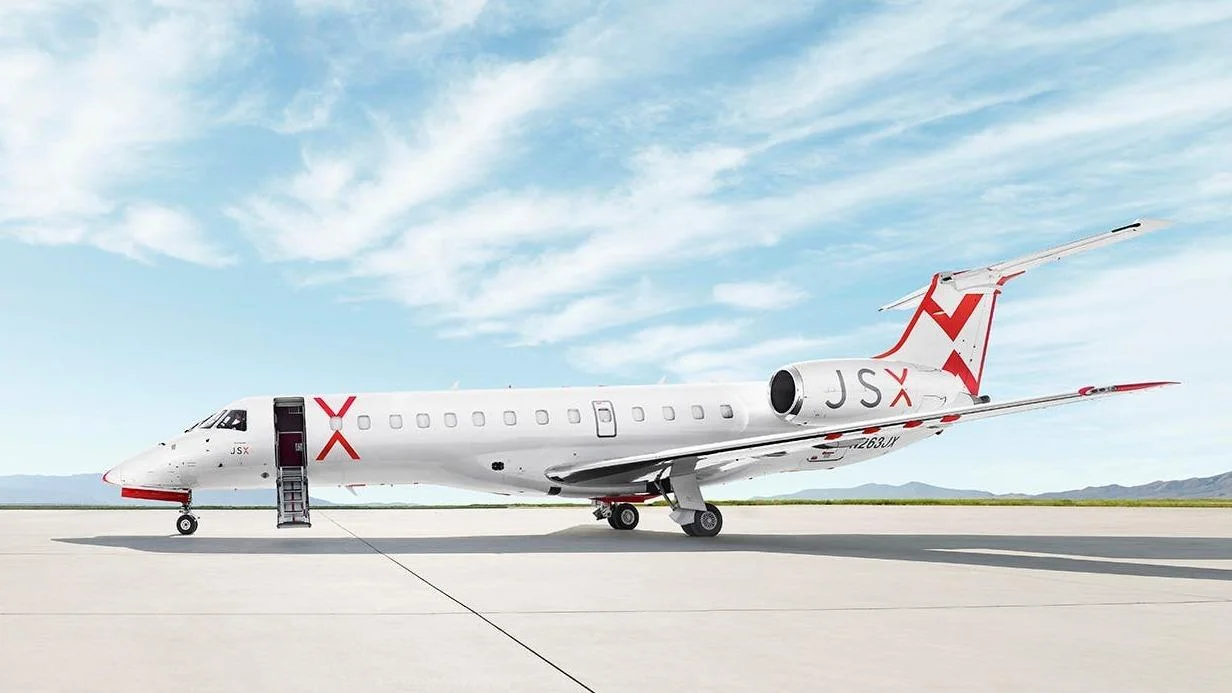The Chevron doctrine originated from a mid-1980s Supreme Court determination that called on courts to defer to a federal agency’s “reasonable interpretation” when laws were ambiguous or silent on an issue. According to Mentzer, this principle acknowledged that agencies are subject matter experts and have authority delegated by Congress to “fill in the gaps” of statutes.
Chevron deference has played a role in interpretative regulations, such as defining "beyond visual line of sight" for drone operations. Under Chevron, if a court found a statute ambiguous—whether "line of sight" meant actual sight or simply being visible to an operator—the court had to defer to the FAA’s reasonable interpretation.
In contrast, in its Loper Bright opinion, the Supreme Court stated that courts must exercise independent judgment in legal challenges rather than simply deferring to an agency’s interpretation in ambiguous cases.
Mentzer predicts more legal challenges against all federal agencies following this decision. He cited an example involving a 1987 law directing the FAA to reduce aircraft noise over Grand Canyon National Park. The FAA implemented minimum altitudes, flight-free zones, and specific flight corridors based on its interpretation of achieving “substantial reduction of noise.” This interpretation was challenged by air tour operators and Native American tribes for being overly broad and by environmental groups for not being broad enough. The court upheld FAA’s interpretation under Chevron deference.
Now, with independent judicial review mandated by Loper Bright, litigants may view their chances of successfully challenging agency regulations as improved. However, Mentzer cautioned that this change might complicate compliance for pilots, aircraft operators and owners, manufacturers, repair stations, fixed-base operators (FBOs), and others due to potentially contested new regulations.
A second significant effect is that federal agencies may issue fewer regulations not explicitly authorized by statutes due to litigation risks. Mentzer anticipates agencies will pull back from issuing purely interpretative regulations unless specifically authorized by Congress. For technical matters like airworthiness directives (ADs), he expects courts will continue deferring broadly to FAA’s expertise but foresees increased challenges for interpretative regulations like Grand Canyon flight restrictions.
Mentzer does not believe this decision will impact areas such as IRS audits on business aircraft use since these audits follow clear guidelines outlined in tax codes regarding income imputation for employee personal use of aircraft and compliance with federal excise tax obligations.
He noted that while there might be more taxpayer challenges ahead, Treasury is likely to rely on existing regulations until invalidated by courts. Nonetheless, numerous challenges are expected against federal regulations as courts define new boundaries for administrative regulation authority.
 Alerts Sign-up
Alerts Sign-up




























